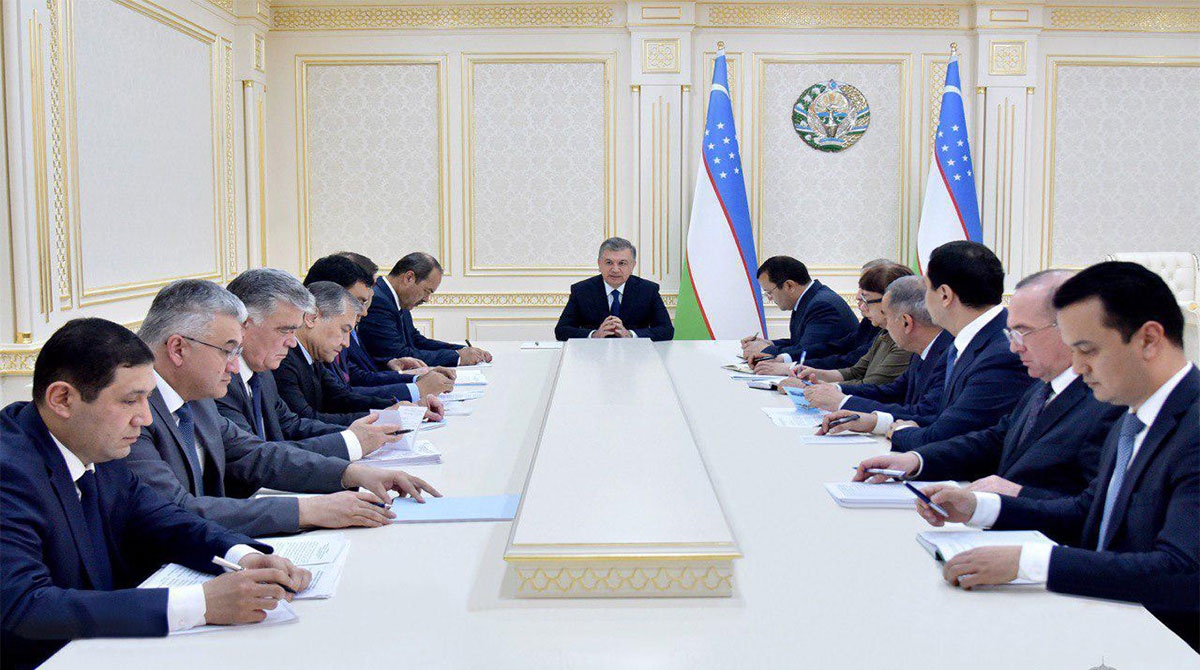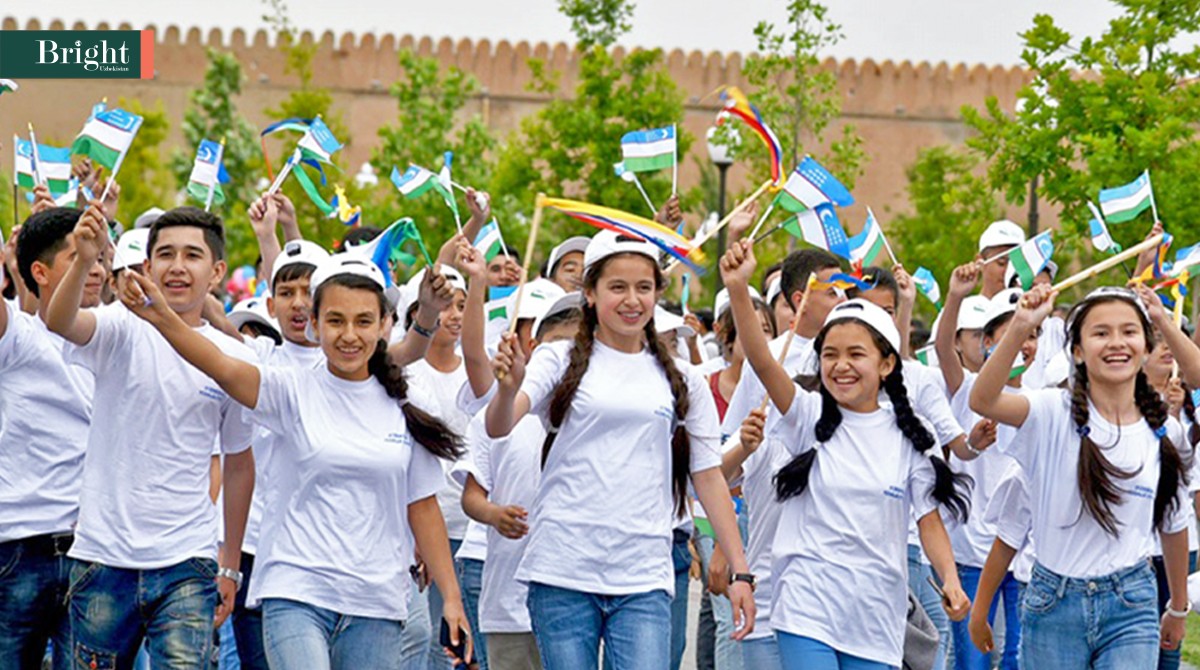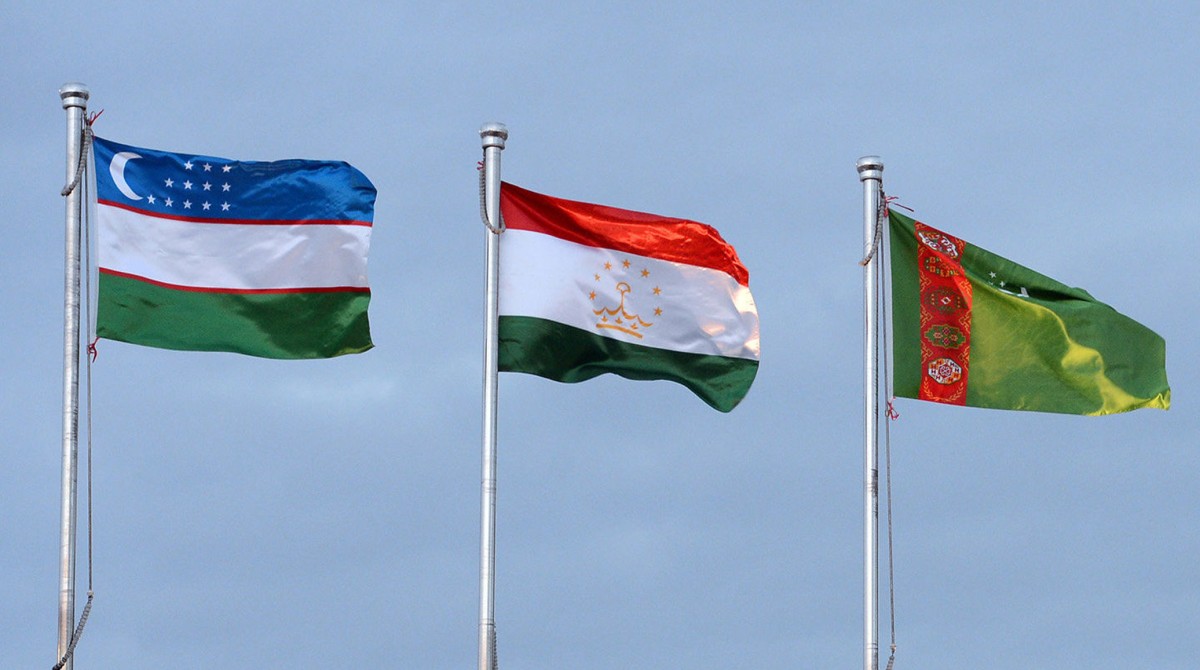Team Europe: large-scale projects in priority areas

Prospects for further work, implementation of the current program cycle of the European Commission on bilateral financial and technical cooperation with Uzbekistan for 2014-2020, within the framework of which the European Union allocated a grant in the amount of 168 million euros for the implementation of projects in the field of agriculture and integrated development of rural territories, the Team Europe initiative and other topics were discussed during the 3rd meeting of the EU-Uzbekistan Subcommittee on Development.
It was held in the format of a videoconference and was organized by the Ministry of Investment and Foreign Trade together with the delegation of the European Union in Uzbekistan, the press service of the MIFT reported.
EU representatives noted that a key component in the development of the program cycle of cooperation for 2021-2027. will be a Team Europe initiative, in which the EU and Member States will join forces to fund larger projects in priority areas. With regard to the new initiative, it was highlighted that the planning of EU development cooperation programs beyond 2020 is taking place in a challenging environment: pre-existing challenges such as the impact of climate change and environmental degradation have been exacerbated by the COVID-19 pandemic.
Recovery from the COVID-19 crisis is grounded in the need to ensure a sustainable, socially equitable and climate neutral economy. Along with the general political priorities of the European Commission, the Sustainable Development Goals will continue to be the main goal of EU development cooperation. Team Europe initiatives will be a key feature of the new program. These are flagship programs in which the EU and Member States join forces to create expanded project packages to have a greater impact on development.
The Uzbek side focused on the need to accelerate the development of this cycle and indicated its readiness to work together to form a list of specific projects.
The meeting participants paid special attention to the possibilities of further expanding interaction with the coverage of such areas as water management, higher education, ensuring employment of the population, improving the investment climate, environmental and innovative development of the Aral Sea region, as well as reducing the negative impact of the pandemic on socio-economic development.
A number of additional consultations are planned to complete the formation of the list of projects proposed for implementation at the expense of the new EU budget, which is expected to be approved in the second half of 2021.






